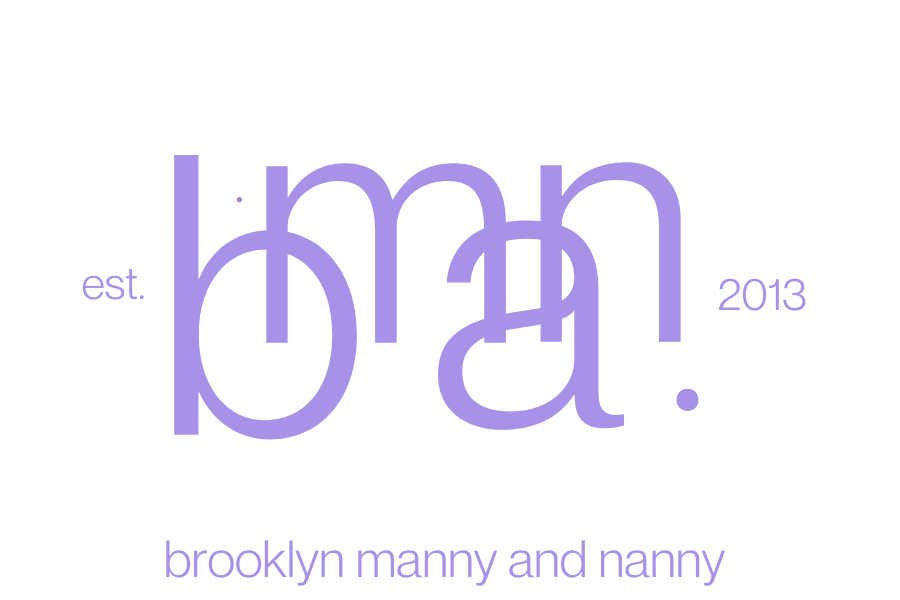The Essential Guide to Creating a Comprehensive Nanny Work Agreement .
Navigating the complexities of nanny employment requires more than just a handshake—it demands a clear and comprehensive work agreement. This document isn't merely a formality but a crucial tool in establishing a successful and respectful partnership between families and nannies. Drawing from years of experience, I've seen that mutual understanding and clear expectations set from the start lead to the best outcomes.
Crafting a Clear Work Agreement
A strong nanny-family relationship starts with a well-drafted work agreement. This document should outline the scope of duties, hours of work, compensation, and other critical employment details. Without it, misunderstandings and conflicts are much more likely.
Key Elements of a Successful Work Agreement
To ensure both parties are on the same page, a robust work agreement needs to meticulously cover specific aspects that are not just best practices but are actually required by law, regardless of whether you are paying on or off the books (Paying on the books is essential not only for ensuring compliance with legal requirements but also for establishing yourself as a fair and responsible employer).These elements include:
Regular and Overtime Rates of Pay: Specify the hourly rate and the overtime compensation, adhering to legal standards such as the 1.5 times rate for hours beyond 40 per week or work on designated days of rest.
Payment Basis: Clearly define whether the pay is hourly, shift-based, or weekly, ensuring compliance with legal requirements for "on the books" payment.
Allowances: If applicable, document any tip, meal, or lodging allowances that count towards the minimum wage.
Employer and Employee Information: Include your name, telephone number, and legal address for official records.
Paid Time Off and Sick Days: State the policy on paid time off, including the mandatory three days after a year of service, and any sick day policies.
Work Schedule: Outline the schedule, number of hours, vacation specifics (including which weeks are at the nanny's discretion and which are agreed upon), personal leave, holidays, and work hours.
Integrating the Agreement into the Hiring Process
Bringing the work agreement into the interview process allows for open discussion and mutual agreement. This not only sets a professional tone but also underlines a commitment to fairness and transparency.
A comprehensive work agreement lays the groundwork for a smooth and harmonious nanny-family relationship. By focusing on clear communication, mutual respect, and detailed expectations, families and nannies can foster a positive, productive partnership from the very start.

